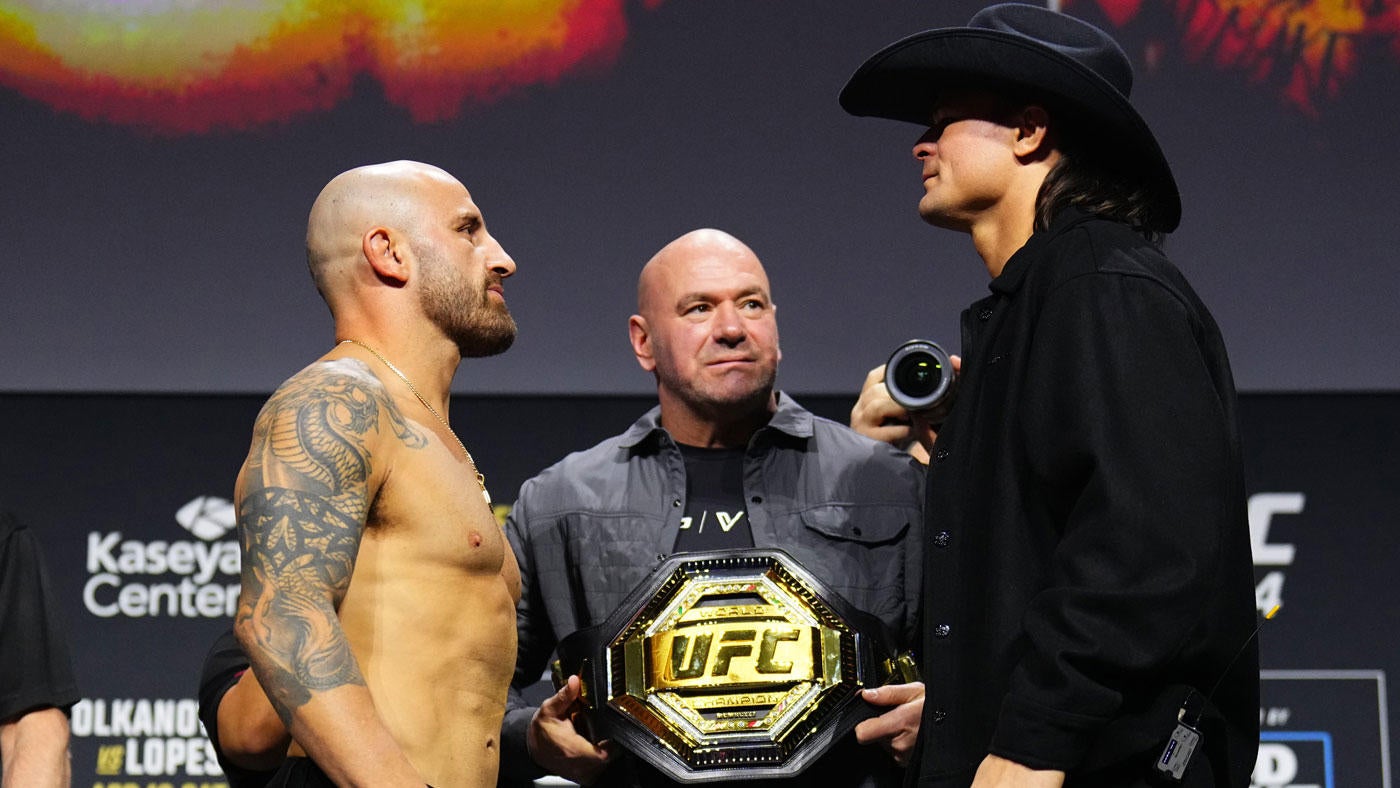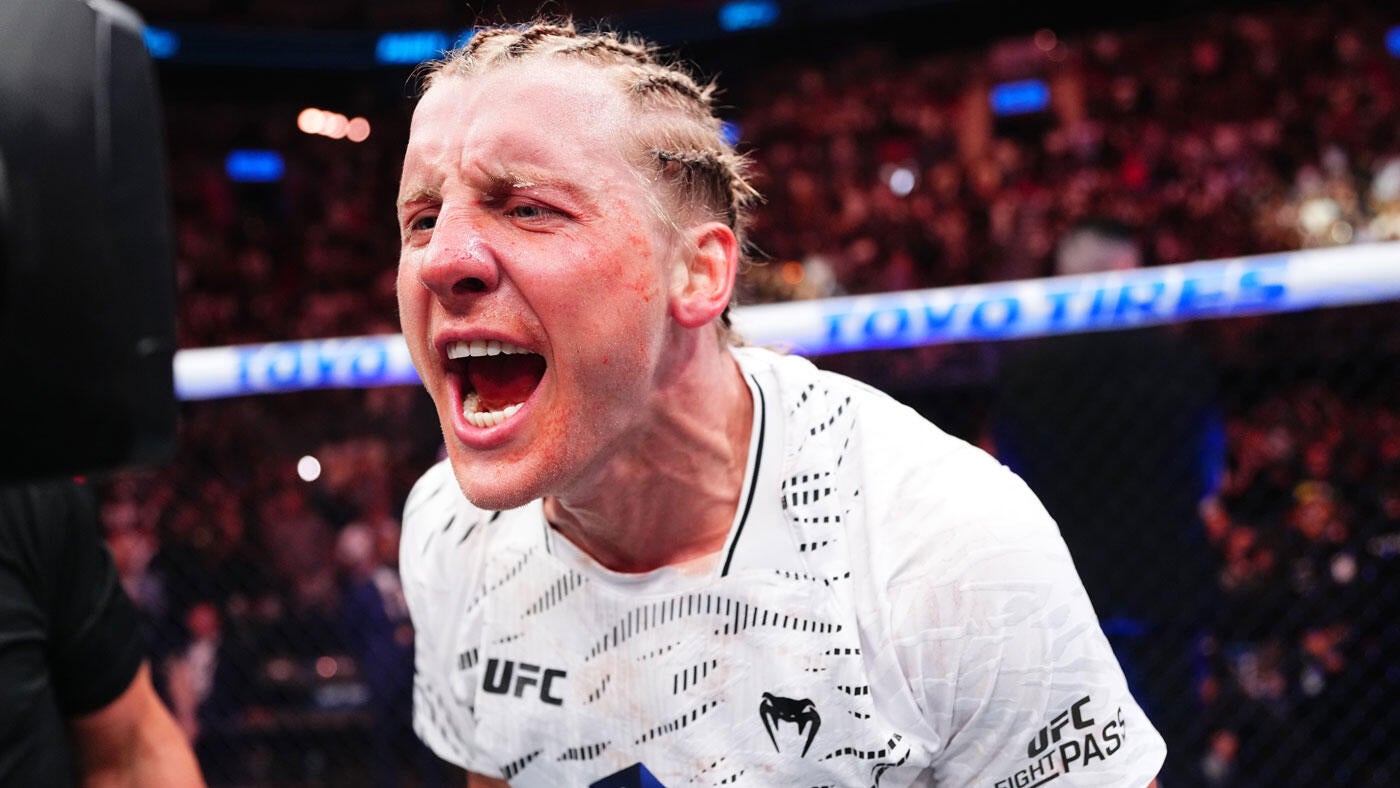Santiago Herrera was down again.
But not for long.
Again.
Herrera qualified for state in tennis last year, six months after breaking his neck playing hockey. Now he is again back playing tennis for Guilford two months after another hockey injury. This one maybe even worse.
“I got hit into the boards again,” Herrera said. “It was similar to last time, but he caught me when I couldn’t see him and I went shoulder first into the boards from a little further away and shattered my left collar bone into three pieces. So it was a lot worse than my earlier injuries.
“Well, not worse, but harder to heal naturally than my earlier injuries.”
Earlier injuries. As in not just the broken neck. Before that, he had already broken his collarbone twice playing hockey and a finger once. So that’s five different hockey injuries that left him with a broken bone.
His tennis coach asks the obvious question.
“I asked him why he still played hockey,” David Woosley said with a little laugh. “But he still loves it. He’s got a passion for the sports he plays. You can’t knock him for that.”
Tennis is actually Herrera’s third sport, behind hockey and soccer. He didn’t start playing until he was a freshman. But he loves all his sports. He is determined not to give up any of them.
“I still love hockey,” Herrera said. “And I still want to continue playing it. I’ve been playing hockey my whole life. I just love playing out on the ice. I don’t think any injury can stop me — unless it’s something permanent.”
It should be easy to sour on hockey, especially because both injuries came after illegal hits from behind. The first came shortly after Herrera scored the winning goal in the final seconds of a 3-2 game. This one came on a roughing call when Rockford was well ahead late in the game.
Herrera is only 5-foot-11, 125 pounds. Awfully thin for a hockey player. Some of that is because he lost weight after his latest injury, but it might make him an easy target on the ice.
Especially for frustrated opponents.
Herrera says the answer is not to quit hockey, but to be more aware of when opponents might be hot-headed.
“We were winning dominantly. The other ...





